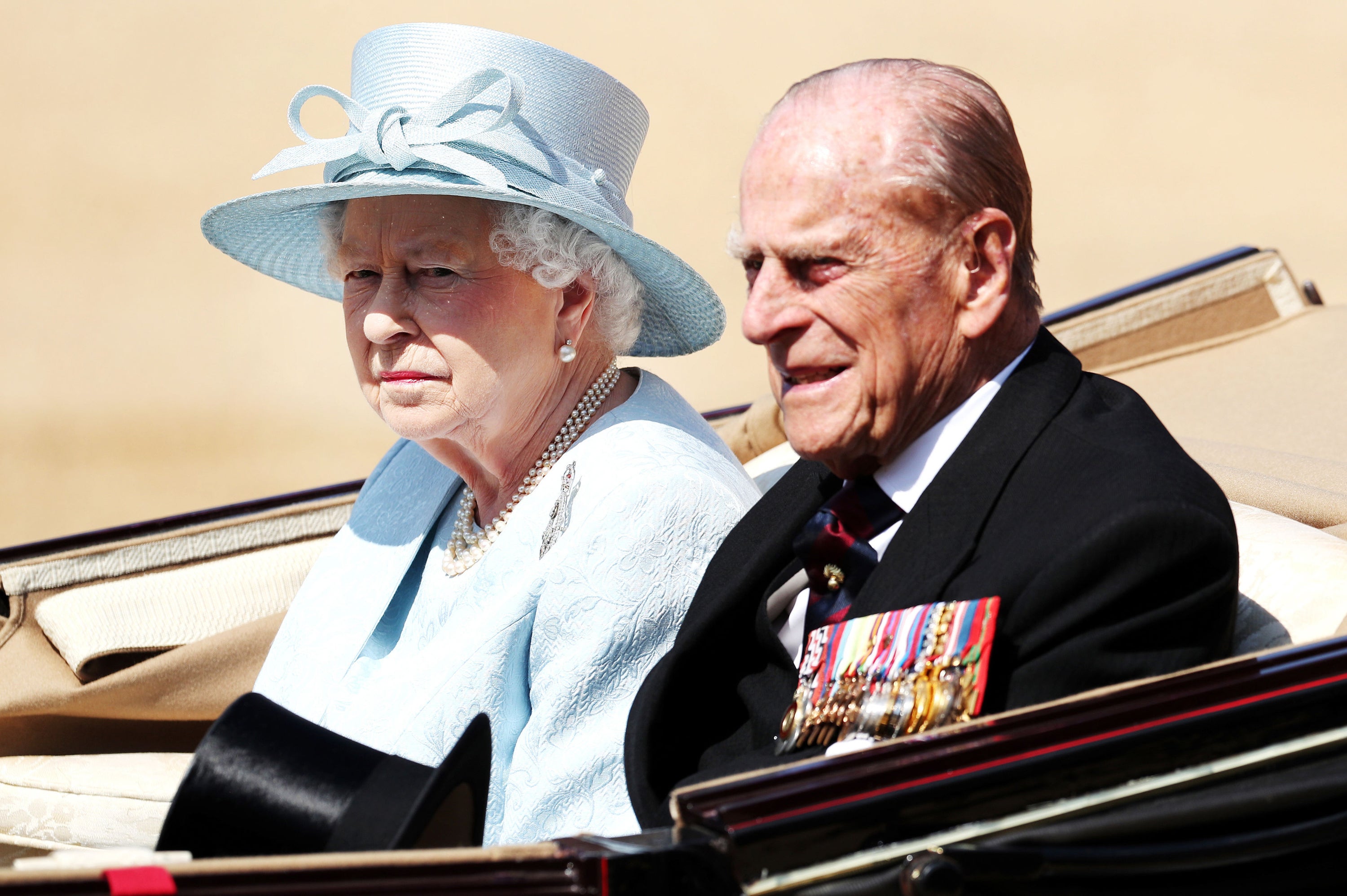The Queen turns 95: How are you meant to manage grief around special occasions?
Birthdays and anniversaries can be difficult for the recently bereaved, says Katie Wright.

Your support helps us to tell the story
From reproductive rights to climate change to Big Tech, The Independent is on the ground when the story is developing. Whether it's investigating the financials of Elon Musk's pro-Trump PAC or producing our latest documentary, 'The A Word', which shines a light on the American women fighting for reproductive rights, we know how important it is to parse out the facts from the messaging.
At such a critical moment in US history, we need reporters on the ground. Your donation allows us to keep sending journalists to speak to both sides of the story.
The Independent is trusted by Americans across the entire political spectrum. And unlike many other quality news outlets, we choose not to lock Americans out of our reporting and analysis with paywalls. We believe quality journalism should be available to everyone, paid for by those who can afford it.
Your support makes all the difference.For the first time during her reign, the Queen is marking her birthday without her husband. Celebrations for Her Majesty’s 95th birthday on April 21 will be scaled back as it falls during the two-week period of royal mourning for the late Duke of Edinburgh.
Special occasions such as birthdays, anniversaries, Mother’s or Father’s Day can be especially hard for those grieving. Even years after a loss, memories of happier times can bring up a lot of emotions.
It may be tempting to try and pretend these milestone days aren’t happening, but experts agree acknowledging them and paying tribute in your own way, can help make them more bearable.
Know that this day will be different
“Milestones tend to invite reflection, and recent bereavements are often felt very starkly at special days where a loved one always attended,” says Floss Knight, founding director of UK Therapy Guide. “The most precious tip I can give you is to be true to yourself and let yourself feel any emotion that comes up. Don’t push the emotion down or lock it up.”
Dr Elena Touroni, consultant psychologist and co-CEO of My Online Therapy says: “Special occasions can cause powerful emotions to arise. For some people, these reminders evoke fond and happy memories. But others might experience sadness, fear, regret or even anger.
“Whatever you’re feeling, remind yourself it’s OK to feel this way. Grief isn’t something you’re expected to ‘get over’. And all emotions serve a purpose, even the negative ones. So, give them the space they need to arise, unravel and fall away.”
Mark the milestone your own way
Dr John Wilson fellow of York St John University and author of The Plain Guide to Grief, recommends using a ‘grief ritual’ to mark a special occasion. “A ritual is a purposeful event or action imbued with a symbolic meaning,” he says. “For a person who is grieving, this can bring comfort because it draws the lost loved one closer.”
You might like to place a candle or flowers on the loved one’s grave, or you might choose another location for your tribute. Wilson says: “Apart from graves and places where ashes are scattered, many people decide on a special place, a favourite walk, a park, a lake, and may even create a memorial, by planting a tree in memory, or installing a bench on that walk.”
Set up a digital memorial
“Digital legacies are increasingly popular, and it is possible to bequeath one’s Facebook page to a named relative,” Wilson says. “Facebook will honour this and allow a family member to take over the page, unlocking it if the password was not known.”
That way you can invite friends and family to post tributes and share memories of the person, even if they aren’t able to attend an in-person memorial due to pandemic restrictions.
Wilson continues: “Many families who know the password just keep the page going unofficially. Families post pictures at anniversaries. This is particularly popular in online Covid support groups.”
Connect with others
“Negative thoughts often fester when we’re alone,” says Touroni. “So make sure you surround yourself with friends and family, including people who were close to your loved one.”
Knight recommends reaching out to people you know will be a source of comfort and support: “In such a tender and difficult time, it is best to be with kind, gentle people, who will be supportive if you feel able to share your thoughts, confusion, anger and disbelief.”
Touroni adds: “If you don’t know who else to reach out to, you might find it comforting to join a bereavement support group also.”
Get in touch with grieving friends or family
“You might be uncomfortable or not know what to say, but acknowledging that that someone is grieving is so important,” says Dr Lucy Selman, senior research fellow at the University of Bristol and founding director of Good Grief Festival. “You don’t need to worry about reminding them of their loss and making them sad – they haven’t forgotten, as they are living with the loss every day.
“Speak from the heart, and your care will shine through. Simply saying, ‘I’m so sorry for your loss’, or, ‘I don’t know what to say or what you are going through, but I am here for you’, can be really helpful.”
Offer practical help
Not sure what to say to a grieving relative or friend? Providing practical help is another way to offer support.
Selman says: “You could bring them home-cooked food, do some shopping or driving for them, look after their children, make phone calls or do admin, if that’s helpful for them. They might not want you to support them in this way – and it’s important to respect their wishes – but it can be most welcome.”